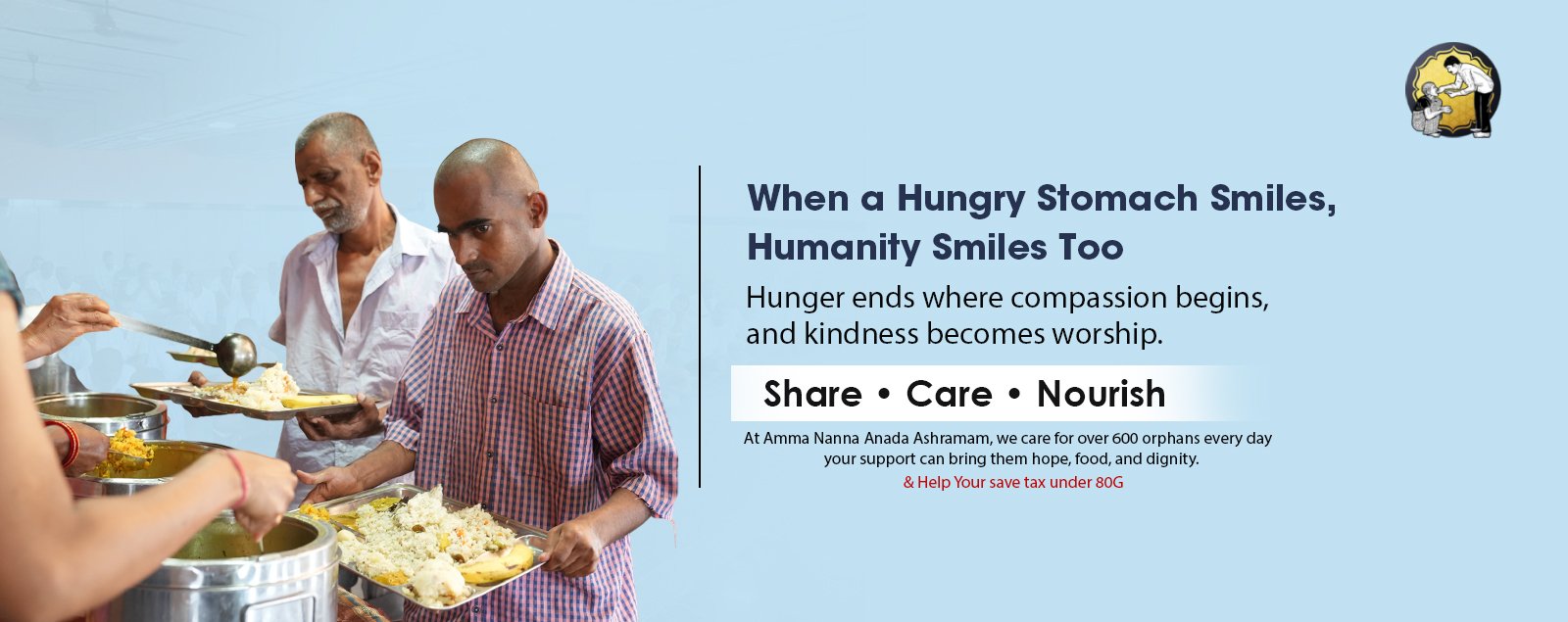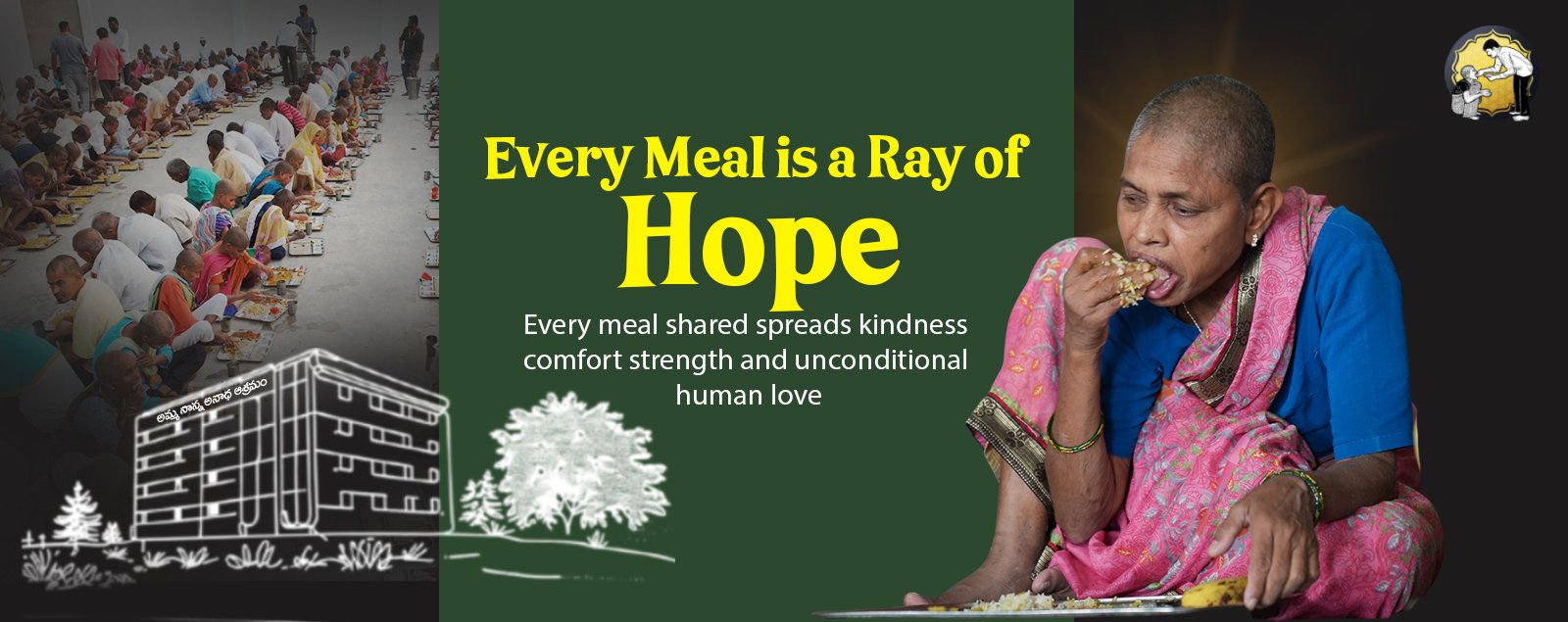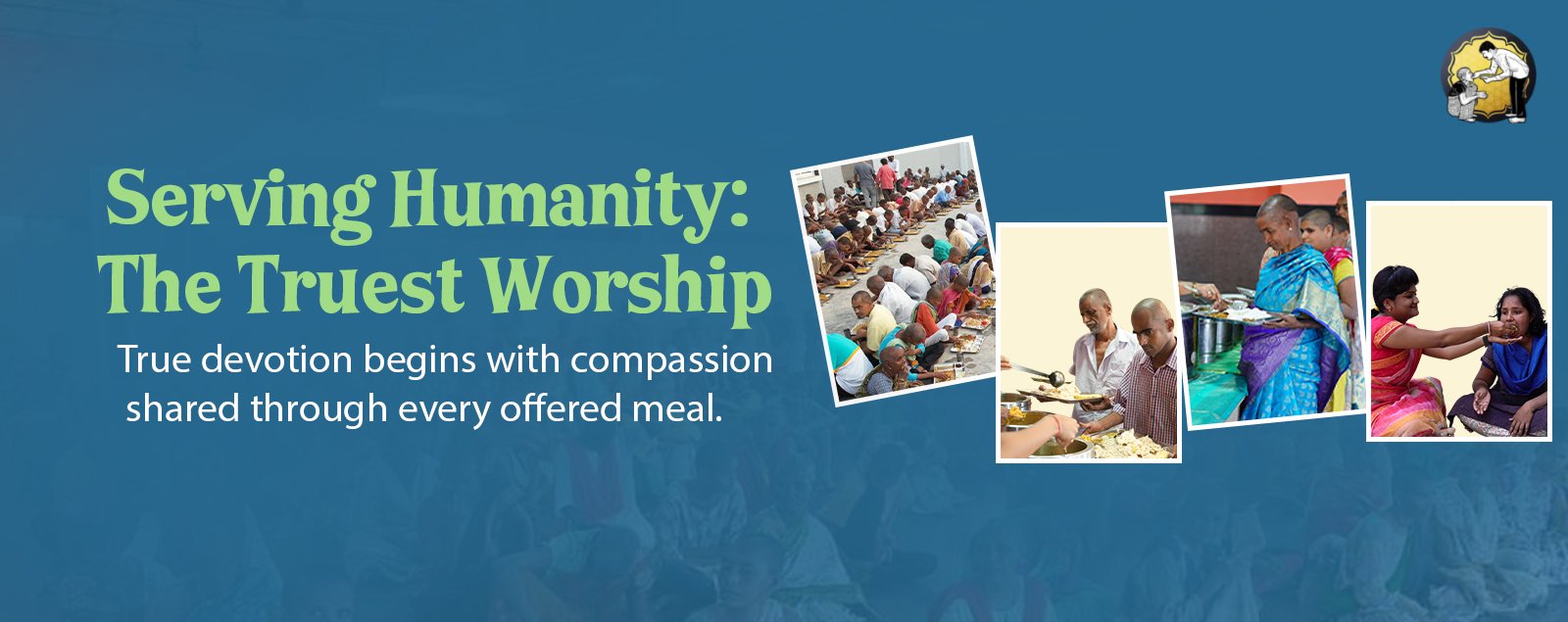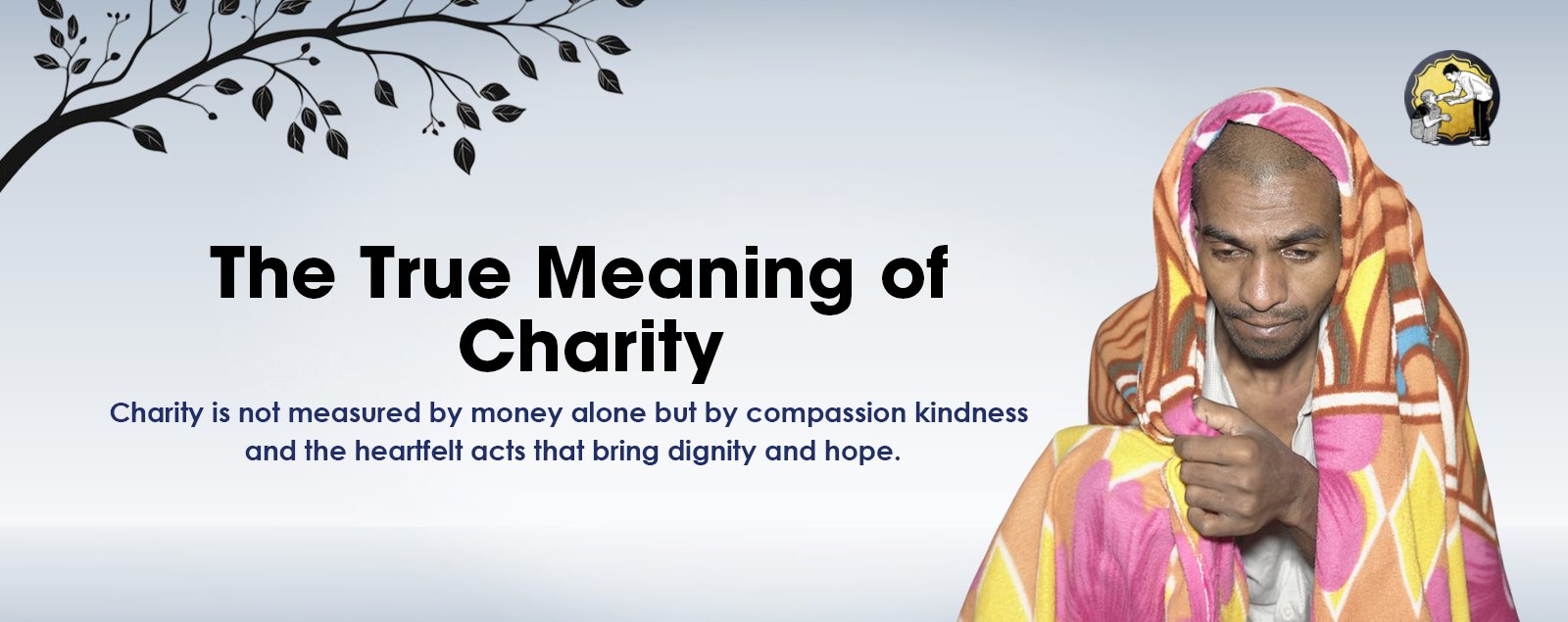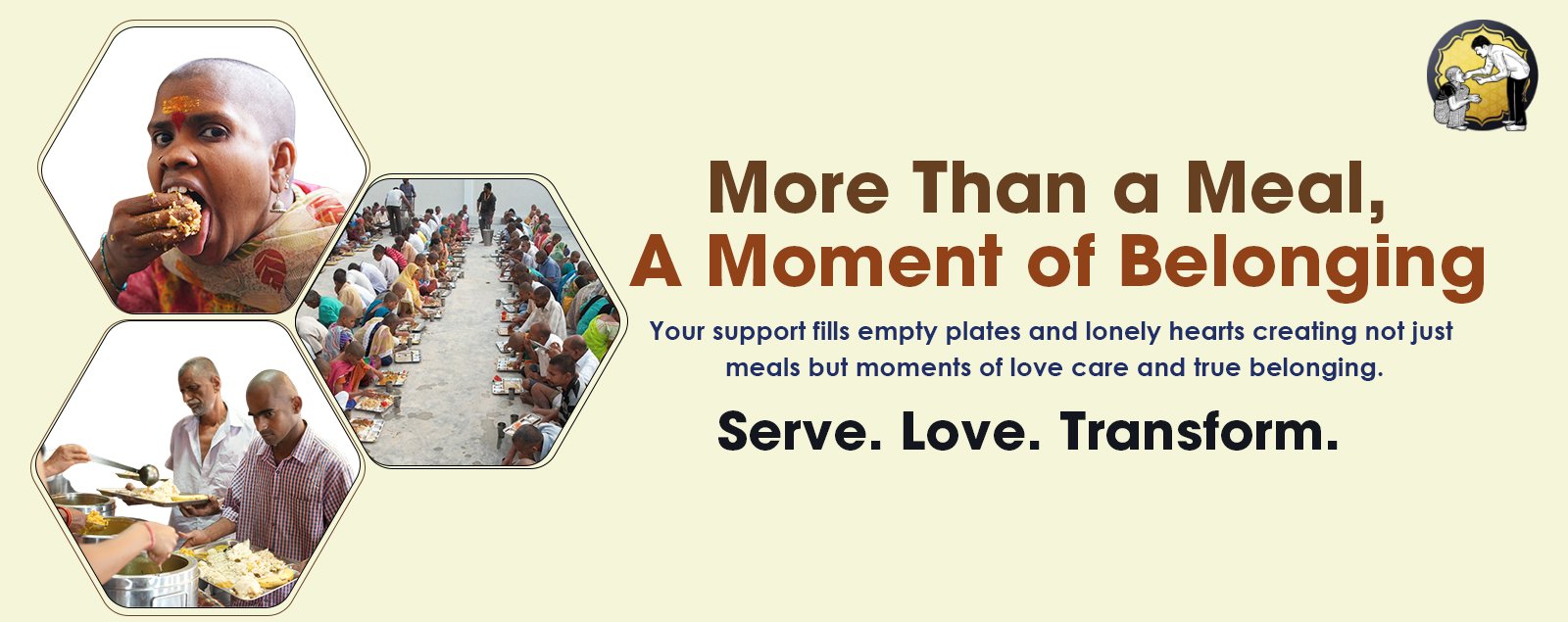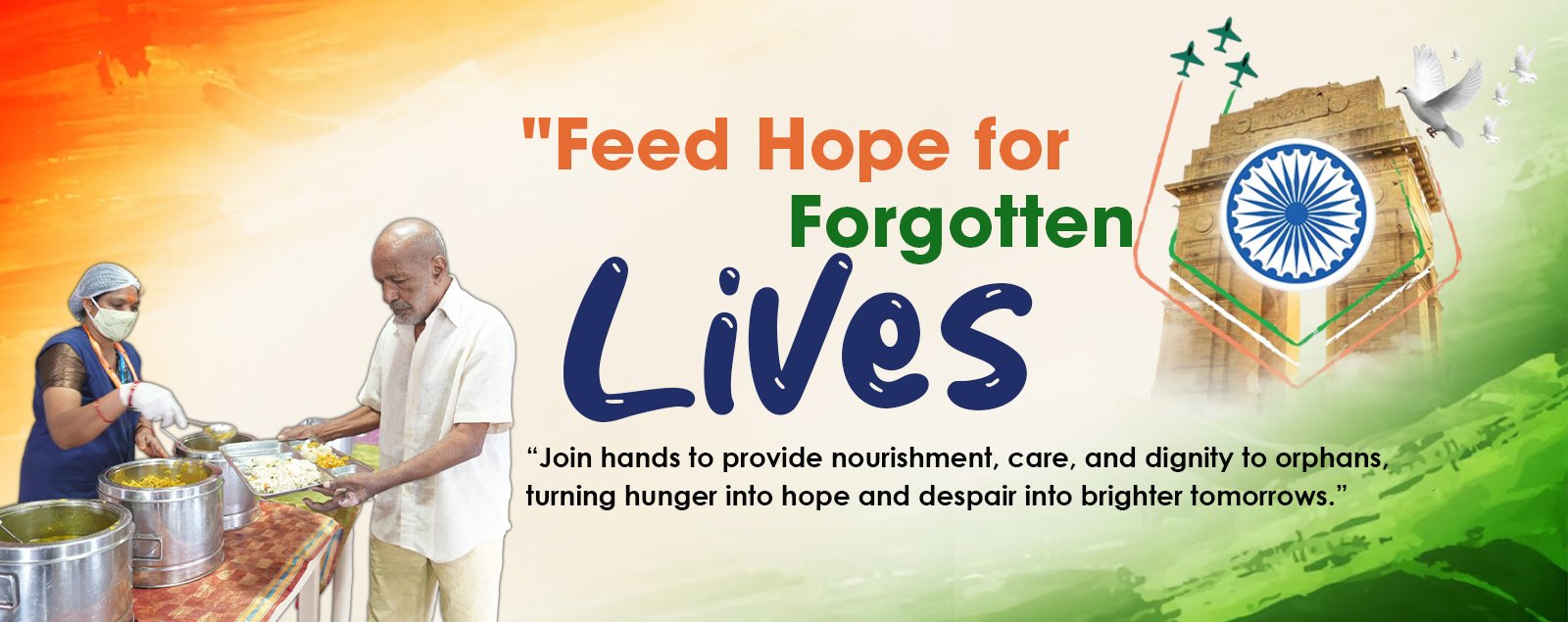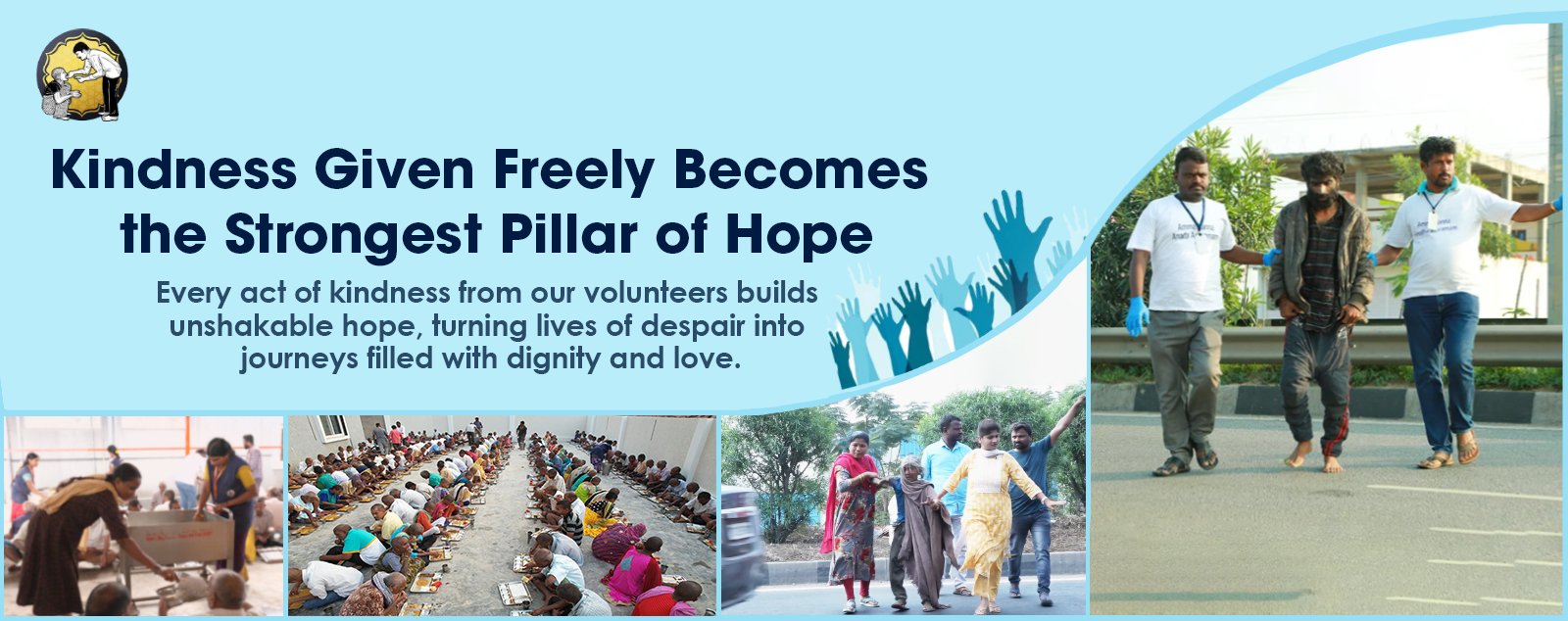- News
- News Blog

Why Beggars and Orphans Stay Trapped in Poverty
Neglect traps lives, compassion breaks poverty
Introduction
When we walk past beggars on the roadside or hear about mentally disabled orphans struggling in institutions, the common reaction is sympathy. But sympathy without action changes nothing. The reality is that both beggars and orphans are not simply victims of chance—they are caught in a deep web of economic neglect. Poverty, lack of systems, and societal indifference keep them trapped in a cycle where escaping hardship seems almost impossible.
The Roots of Neglect
Lack of Social Security: For most beggars and mentally disabled orphans, there is no safety net. Without proper identification, access to welfare schemes is almost impossible.
Healthcare Burden: Mental and physical disabilities require lifelong care. But healthcare is expensive, and free facilities are often inaccessible or inadequate.
Education and Skill Gap: Orphans without guidance and beggars surviving on the streets rarely get access to education or vocational skills, leaving them dependent on daily survival methods.
Why Poverty Becomes a Trap
Daily Survival Over Long-Term Growth
Beggars focus on their next meal, while orphanages struggle to cover daily expenses. This leaves no room for planning, saving, or growth.Exploitation and Abuse
Begging mafias and neglect within institutions often exploit these vulnerable groups, keeping them dependent instead of empowered.Stigma and Social Exclusion
Society views beggars as lazy or fraudulent and mentally disabled orphans as a burden, preventing opportunities for inclusion.
The Economic Cost of Neglect
Neglecting these groups doesn’t just harm them—it also harms society:
Also Read: The True Meaning of Charity Beyond Money Towards Compassion
Loss of Human Potential: Thousands of capable individuals are denied a chance to contribute productively.
Healthcare Burden on State: Neglect leads to worsening conditions, requiring more resources later.
Cycle of Street Poverty: Children of beggars often turn into beggars themselves, continuing the cycle.
Breaking the Cycle – Sustainable Solutions
Rehabilitation over Temporary Relief
Instead of giving coins, channel resources into rehabilitation homes, skill centers, and structured NGOs.Skill Development and Employment Programs
Vocational training for orphans and rehabilitated beggars can turn dependency into productivity.Healthcare and Mental Wellness Support
Special care homes and community-based support can reduce the burden of untreated mental disability.
Public Participation
Every citizen has a role—donating not just money, but time, skills, and compassion to sustainable programs.
